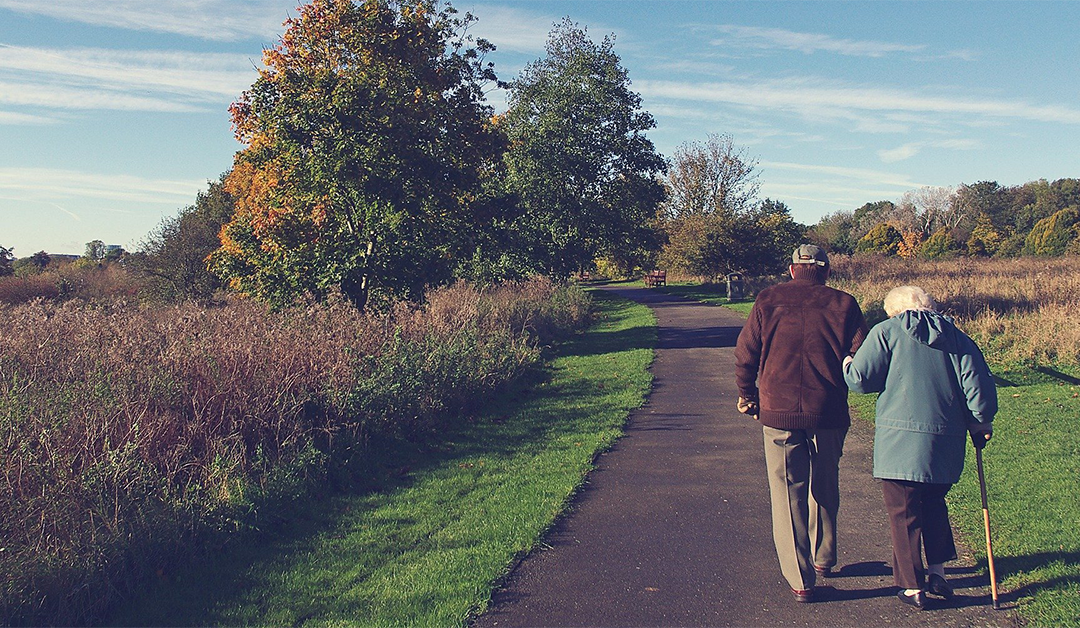Contributed by Jim Nelson, consultant to CAIRE Inc. ~
If you have followed my writings for any appreciable length of time, you are aware that I consider my wife Mary to be the world’s greatest caregiver. I am obviously biased towards her, given that she has helped to keep me alive through a number of medical adventures over the years. When I show the slightest sign of need, she falls into the role seamlessly. Especially in the earlier years, she was consistently careful of my ego. She gradually took over some of the responsibilities that had traditionally been in my bailiwick, and made sure that everything was handled. Sneaky little devil that she is, I barely noticed.
It is hard to be sick. It takes a lot of energy and concentration just to get through the day. Consequently, it is easy for us to take the attentions of our caregivers for granted. That is truly unfortunate, since caregiving is one of the hardest and most thankless jobs anywhere. It is a life put on hold, a commitment that has no visible end. Most times, the responsibilities of the caregiver only end with the demise of the patient. So, it is common for the end of the caregiver’s responsibilities to be accompanied by feelings of loss, of failure. Right or wrong, it is a situation that can lead to depression.
So, it is to everyone’s advantage if everyone, but especially the patient, express as much gratitude as they can toward the caregiver. A simple “please” or “thank you,” a touch, a smile, any small kindness can mean so much to the person who is giving so much for us. Asking the caregiver how they are, what they need, can lead to some wonderful, productive conversations. Try to help them however you can.
That same appreciation should be shown to any medical personnel who are helping us to stay in some semblance of health. I have experienced remarkable care from the people who I have befriended in my journey. I receive a good deal of my care from the VA like so many veterans. Often this can be an environment of grumbling and complaining. This is not necessarily something I can counteract, but I can still try.
Suffering through an illness is exhausting. The effort that it takes to survive, to get through the day, is accomplished much more easily if we are in some kind of good physical shape, if we take our medications when we should, if we eat properly … the same goes for our caregivers. Any malady that they might have will be exacerbated by weakness, by bad nutrition.
Caregivers deserve and need a break from the mental and physical stresses of their responsibilities. You have heard the old expression, “If Mama ain’t happy, ain’t nobody happy!”? True words, and words that apply to the caregiver. The healthier and stronger the caregiver, the better the care of the patient, the better the relationship between patient and caregiver, and the better the situation for everyone!
~ Uncle Jim
Jim Nelson is a double lung transplant recipient and a patient advocate for COPD patients throughout the U.S. and around the world. He and his wife, Mary, are well known patient advocates and brand ambassadors for those organizations who tirelessly endeavor to help those individuals who suffer from a variety of respiratory diseases and the caregivers who support them.
If you have been prescribed oxygen therapy, learn more about CAIRE by visiting www.caireinc.com/patients or calling 1-877-704-0878 to talk to an oxygen advisor.
The contents of this blog post are not intended to substitute for professional medical advice. Please consult your physician for personalized medical advice. When using any oxygen therapy device please consult the applicable product instructions for use for product indications, contraindications, warnings, precautions, and detailed safety information.

